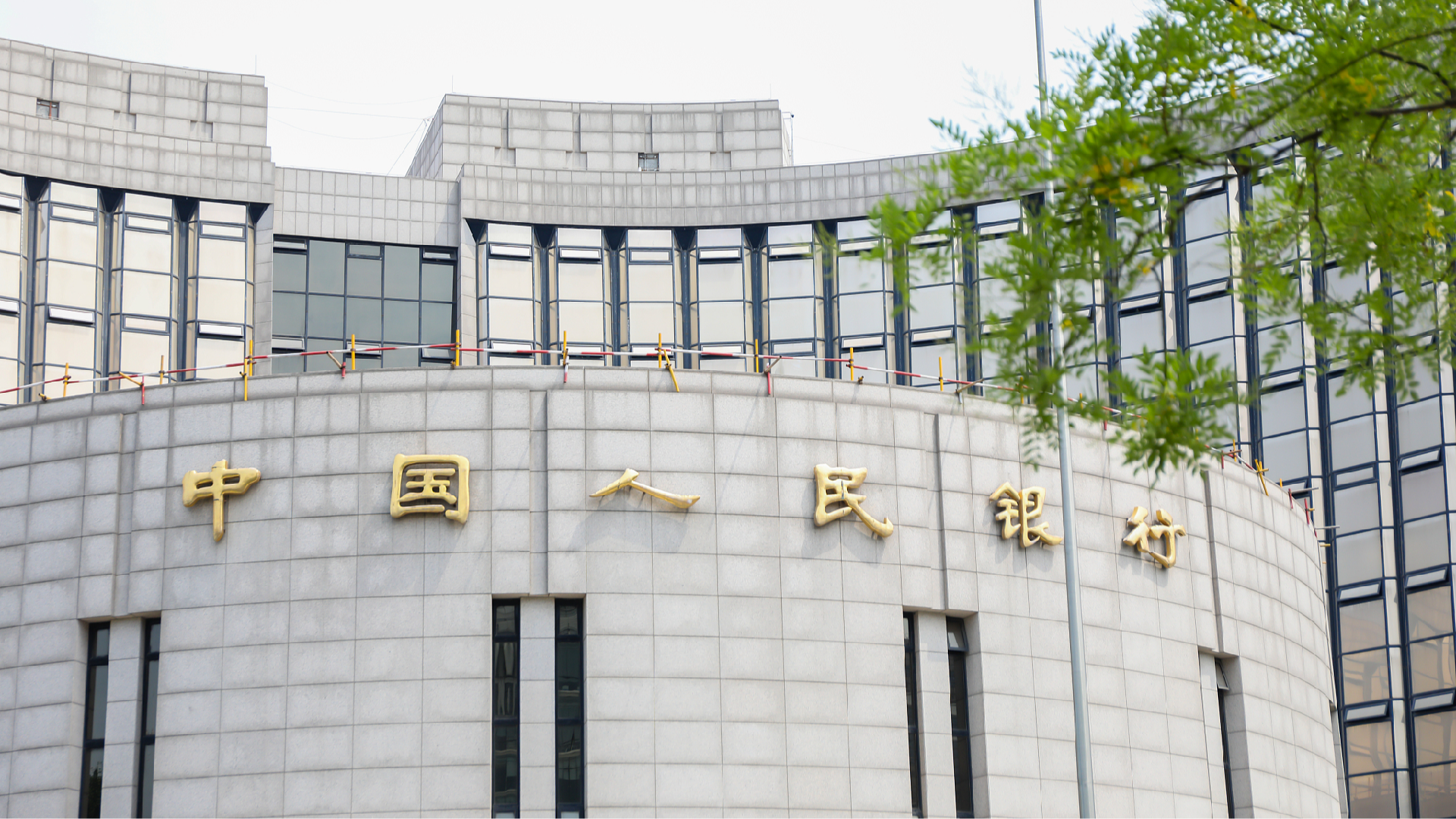Leading Chinese financial institutions reduce RMB deposit rates
Beginning on Thursday, RMB deposit rates at six of China's largest commercial banks have been lowered. This is the fifth rate reduction since September 2022.

The banks enacting these modifications are Industrial and Commercial Bank of China (ICBC), Agricultural Bank of China, Bank of China, China Construction Bank, Bank of Communications, and Postal Savings Bank of China.
Specifically, the annual interest rate for demand deposits has been reduced by 5 basis points. Rates for fixed deposits, including terms of three months, six months, and one year, have been cut by 10 basis points. Additionally, rates for two-year, three-year, and five-year deposits have been lowered by 20 basis points.
On the same day, the central bank conducted a 200 billion yuan ($28 billion) medium-term lending facility (MLF) operation, reducing the rate by 20 basis points. This marks the second MLF operation this month.
Earlier this week, the People's Bank of China (PBOC) announced a change in the bidding method for the 7-day reverse repos operation and trimmed the rate by 10 basis points on Monday. On the same day, the loan prime rate (LPR) for one-year and over-five-year loans was also decreased by 10 basis points.
Experts suggest that the 10 basis point reduction in both the one-year and over-five-year LPRs directly prompted banks to lower their deposit rates. While the reduction in deposit rates will decrease the interest income for depositors, it is anticipated to help banks further reduce lending rates, thus lowering financing costs for businesses and individuals.
According to experts, the policy rate cut is expected to gradually permeate financial markets, leading to a decline in comprehensive financing costs and supporting economic recovery.
(Cover via CFP)
Sanya Singh contributed to this report for TROIB News
Find more stories on Business, Economy and Finance in TROIB business












